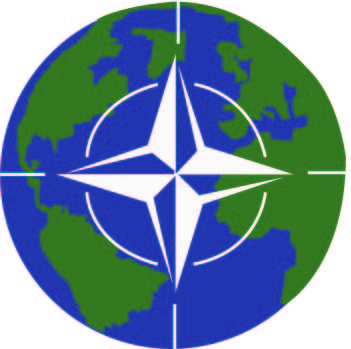The importance of NATO
St. Joe’s had the privilege of hosting Anders Fogh Rasmussen, former Secretary General of the North Atlantic Trade Organization (NATO) on Nov. 16. In a presentation that was open to students, faculty and the community, Rasmussen discussed the past, present and future roles of NATO in the international community.
Rasmussen explained that NATO’s original role upon its creation in 1949 was to “keep Russia out, keep Germany down and keep America engaged in European security.” With changing global conditions that include newer security concerns, the role of NATO has changed as well. Now, we need NATO to become an agency that will restore international law and act as a sort of global police. There is no official global governance structure included in NATO, which makes international law enforcement extremely difficult.
Rasmussen believes that it is in the United States’ best interest to become the world’s policemen and engage abroad. He raised a valid point that not only the U.S., but member states in general, should engage abroad and address enemies on their soil or else the enemy will attack them at home. Think of recent issues that the U.S. has had to deal with, for instance, Russian interference in last year’s presidential election. The U.S. must take on a more defensive approach to ensure that it will not be vulnerable to intrusions such as the Russians’ actions.
In addition to bringing up the election, Rasmussen discussed relevant topics in today’s global community and even opened up the floor to student questions. One student addressed President Donald Trump’s recent comments that criticized fellow NATO allies who do not contribute as much money as the U.S. It seems that President Trump’s remarks on equal monetary contribution from member states, as well as his argument that NATO has become obsolete, are a bit misinformed.
While President Trump is correct that all member states must contribute their fair share to NATO funds, he must keep in mind that NATO has always been about global cooperation. We cannot throw our global partners into situations where they will not be able to defend themselves. Joining NATO means making a commitment to collective security, and with that comes a responsibility to protect.
During his talk, Rasmussen frequently cited Article 5 of NATO’s charter, which promotes the idea that an attack on one is an attack on all. NATO is not obsolete, and it is essential to turn back to the core principles of NATO and realize why it was formed it in the first place. Three central tasks of NATO are territorial defense, crisis management and cooperative security, and I think this third task is the most foundational.
Of the 29 members, each country has something unique to contribute to the success of NATO, and the organization cannot function without their commitment and cooperation.














































